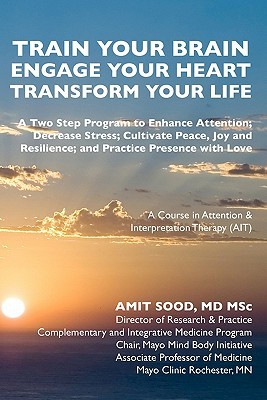Consciousness- The Mystery
I've walked by the book a number of times in the local Barnes and Noble. I looked and thought it was one of those "new age" type of books. Proof of Heaven by Dr Eben Alexander never really caught my attention. I tend not to worry about heaven. Somehow or other I know there's not much I can do about its existence (or lack thereof). What is important is what I do and how I live in the here and now. Yes, I believe in eternal life, but I sure have absolutely no inkling of what that means, what it will look like, or even where it's located. We know far less than a lot of preachers and "believers" lead themselves to believe. I am looking forward to a reunion on some distant shore, but I don't get all caught up in the pursuit of it.
Then the other noon I was driving home and I started listening to Minnesota Public Radio broadcasting a talk by Dr. Alexander. Suddenly I was intrigued. He was talking about neuroscience, which I also talk about a great deal. He talked about meditation, mindfulness, and centering prayer, which I also talk about a great deal. He talked about the great mystery of "consciousness" and the difference between the brain and "mind." It seems he had a near-death experience in which he had visions that sound more extensive than the near-death experiences usually discussed. He talked about the "mystical" experience and the beauty, the sounds, the colors and light. He said that in deep meditative states the same things are possible. They are on the other side of some kind of consciousness veil (my words).
Then instead of taking some clear doctrinal path into traditional religion he seemed to talk about the truth at the foundation of all religious and spiritual traditions. He talked briefly while I was listening that our poor human words are almost useless. He had me at that point. No, not a believer, but willing to at least read his book, which I am about to start.
I feel life is too rich and powerful to be limited to what we can see. I have read too many examples of people having all types of spiritual experiences that are not easily explained- or explainable at all- by our human science. There are enough stories of the power of mindfulness and meditation; centering prayer in many forms is a deep and profound connection with something; the Celtic understanding of "thin places" where this world and the spiritual world are closer than other places expresses this same understanding.
We are living in a time, I feel, where the underlying spiritual quest of humans is being discovered and re-discovered. Jon Kabat-Zinn in Massachusetts has developed and proven the value of mindfulness-based stress reduction in physical illness. Dr. Amit Sood at Mayo Clinic has been developing a program of attention and interpretation therapy. These are but two elements of what is happening.
So I will keep exploring. I know I will never have it figured out- none of us will. But put all the pieces together and we might have a tiny sliver of the biggest picture.



